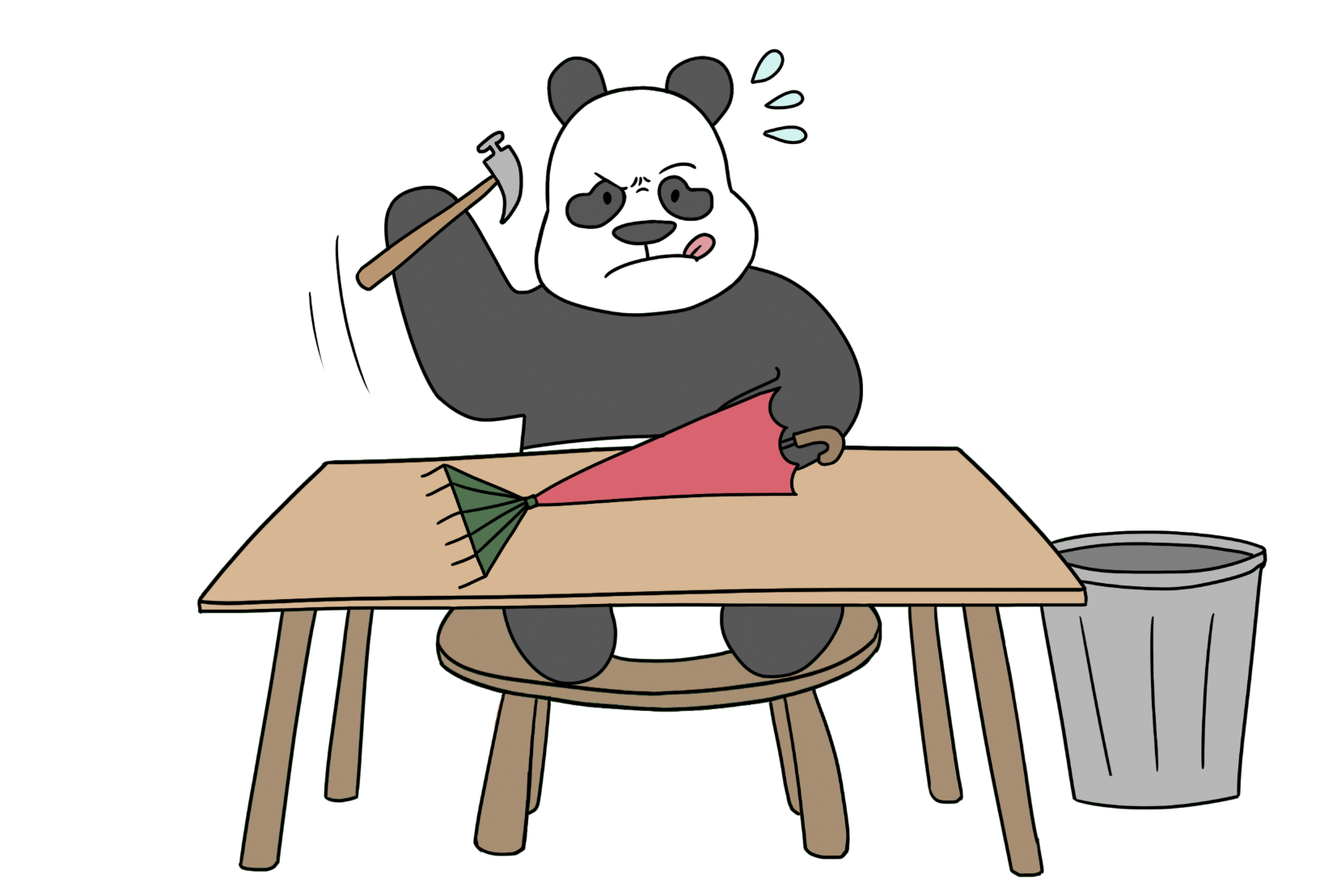Patent infringement is when someone make, sells, or buys something covered under a patent without permission from the patent owner. If this happens, the patent owner has the right to sue for the infringement and, sometimes, make the violator pay a lot of money.
Technically speaking, if an invention is patented, the patent hasn’t expired, and the owner hasn't clearly given you permission to use it, then you are not allowed to use it at all, even if you're just making it for personal reasons and not trying to sell anything. In the US, you cannot even use or recreate a patented invention for educational purposes.
You see, unlike in copyright, there is no such thing as "fair use" for patents. Patent infringement happens even if you didn't know that the patent exists, so you can be infringing on someone's patent without even knowing it! Surprising, but true.
To make matters worse, patents themselves can be hard to read and understand — they're written in a particular legal style — so it might not even be clear whether something violates a patent or not.
Practically speaking, people make stuff all the time that's likely patented somewhere and without explicit permission from the owner. The reason is because patents cover so many of the things around us it that it's quite likely that things we make ourselves have some aspect that is covered by a patent.
So are we all in trouble for violating patents? Not exactly.
Should we stop what we're doing and make sure there aren't patents covering everything we're making? Again, probably not.
Here's why:
Patents only make a difference if they are enforced
And it's up to the patent owner to enforce the patent. The police and folks at the patent office are not going around looking for people violating patents and it's not their job to stop people from infringing. Instead, the patent owner is responsible for finding and going after violators.
In short, you're only in trouble and might need to stop making your stuff if the patent owner finds out and decides to enforce their patent rights against you. So don't panic just yet!
Patent owners cannot keep track of what everybody in the country is doing, so it's practically impossible for owners to know every time their patent is violated.
If they do find out, they must decide that it is worth their effort to enforce the patent against you. Perhaps, for example, if you are harming their business in some way. If this is the case, the patent owner or their lawyer may send you a cease and desist letter which is a document or email that asks you to stop your infringing activities, or else face some penalty.
While cease and desist letters can be super scary, they’re just letters and do not carry any actual penalties. At most, they prove that you know about the patent that they claim you’re infringing. In fact, because these letters are relatively cheap, many cease and desist letters are sent intentionally just to scare people into paying fees.
While you shouldn’t just ignore these letters—you should probably consult a legal expert about them— they’re usually not as scary as they may seem. To learn more about cease and desist letters and what to do if you receive one, check out our Help! page on Cease and Desist Letters.
What does come with real penalties, however, is being sued! Even if you’re totally innocent, going through a lawsuit to defend yourself is a very expensive process that can easily cost millions of dollars. In short, lawsuits suck. [1]
However, since lawsuits are also extremely expensive for the patent holder — often costing millions of dollars — it must also be worth it for the patent holder to come after you: they must be worried that your infringement really harms their business or believe that they can make a lot of money from the fines of the lawsuit itself.
Unless you happen to be incredibly wealthy and are able to pay the huge damages brought on by the lawsuit, it wouldn't be worth suing you because even if the patent owner wins the case, you wouldn’t be able to pay them much. So they would probably lose money in the process.
So if you're just tinkering away in your room doing no harm to the patent owner, you're probably going to be fine even if what your doing technically violates the patent.
The patent owner most likely won't come after you because 1) the patent owner probably doesn't know what you're doing and 2) even if they did, a lawsuit would probably be too expensive anyway. At worst, you might get a cease and desist letter.
Of course, we’re not saying that you should go around violating patents willy nilly on purpose. Just that if you are excited to build something or tinker with an idea, don’t be afraid to even try for fear of infringing on patents. Keep exploring and making your awesome things because that’s how inventions are born in the first place!
Author: Jie Qi (Berkman Klein Center, MIT Media Lab), Carol Lin (Harvard Law School), JP Ellis (Harvard Law School)
External Reference Links:
[1] https://www.thisweekintorts.com/blog/2017/12/18/why-we-dont-sue






